Lowline Lab opens to the public
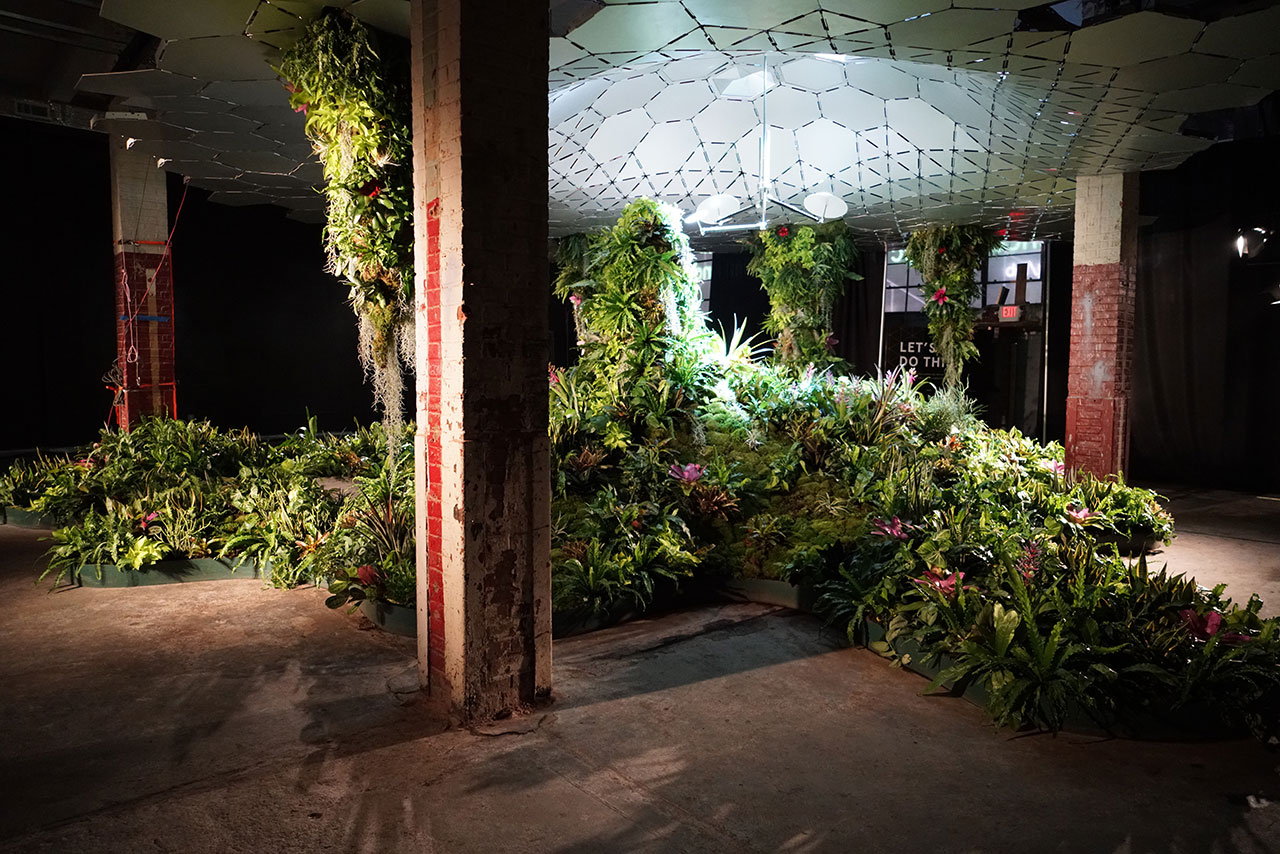
In October 2015 the Lowline Lab (“The Lab”) opened to the public, acting as a proof of concept for the Lowline—an innovative underground park that will transport daylight into the depths of a historic trolley station.
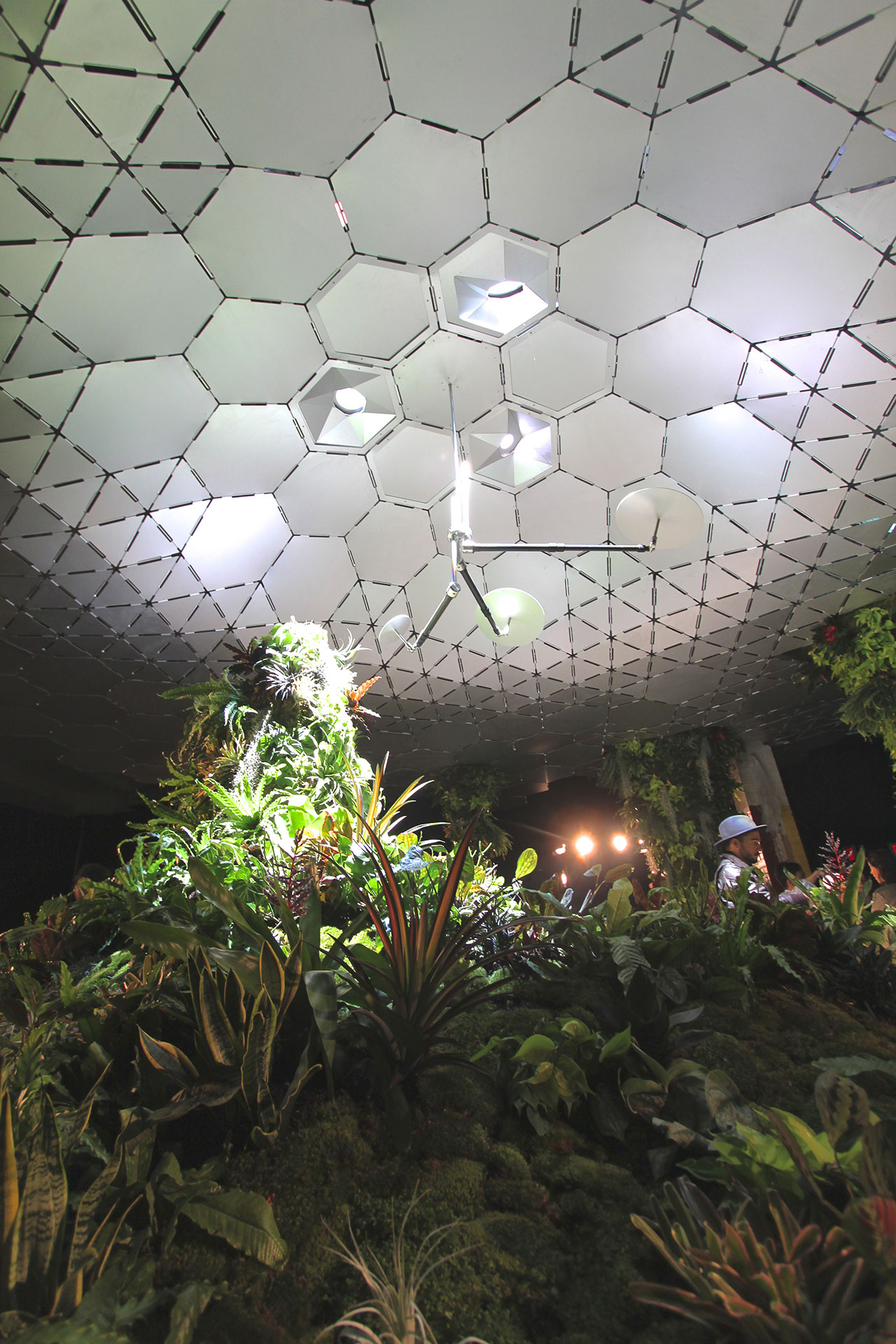
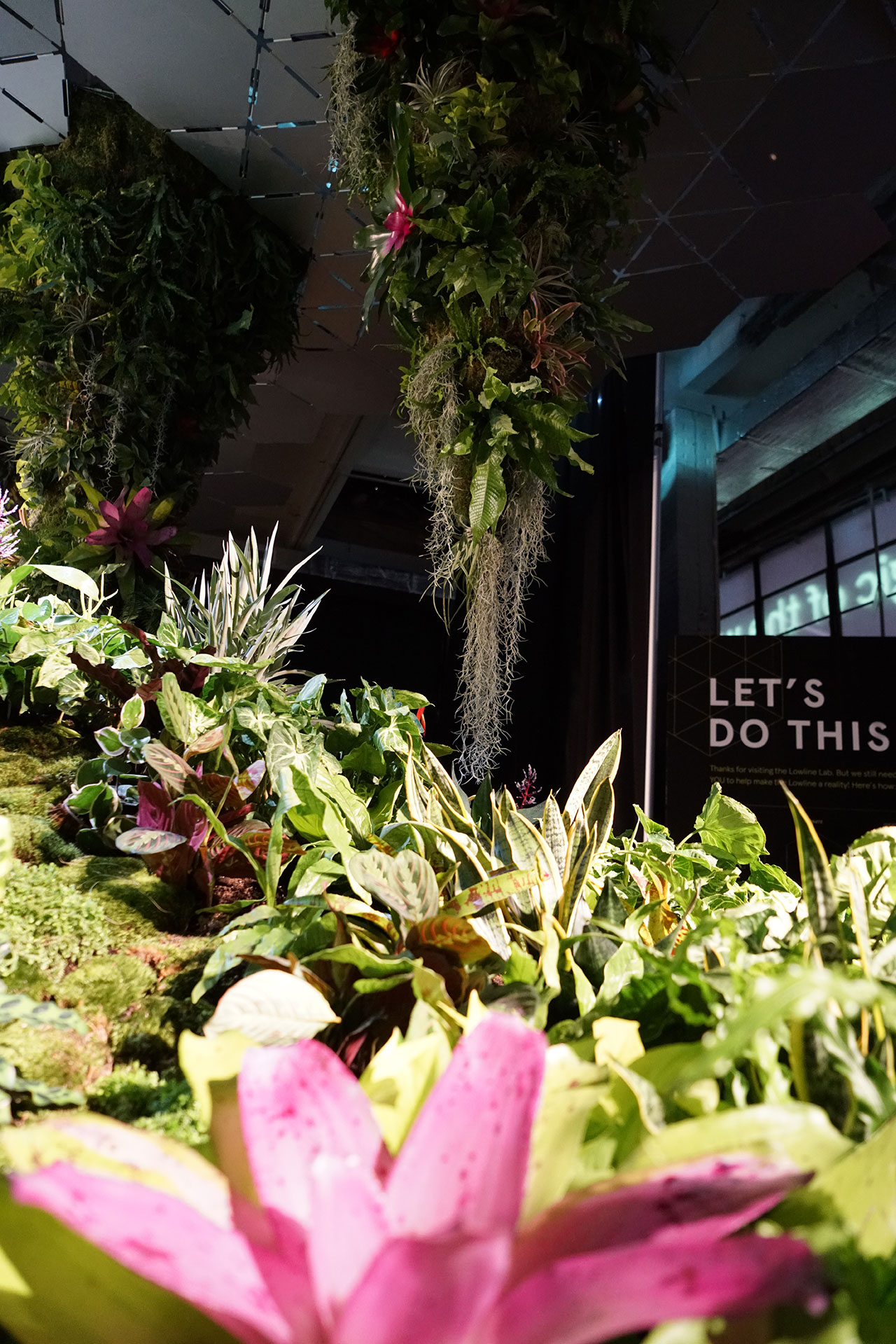
At the Lowline, the Williamsburg Bridge Trolley terminal once more will be open to the public as an entirely new typology of public space in the Lower East Side. As a park, the site will be both an archeological relic and futuristic realm, befitting the dense urban surrounds of Manhattan. Conceived of by James Ramsey and Dan rasch, the Lowline will use an innovative light system that collects and redistributes sunlight from upper levels to the subterranean realm, making plant growth possible.
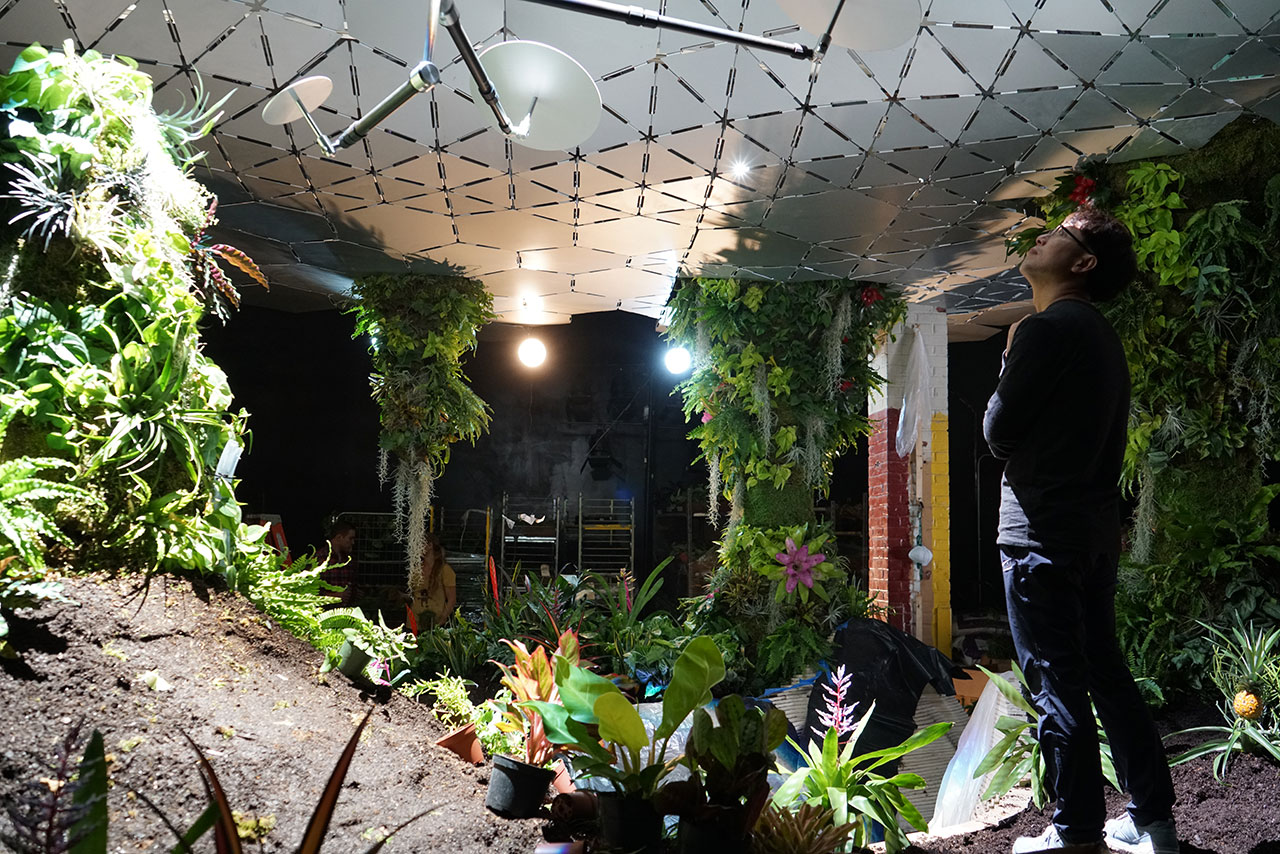
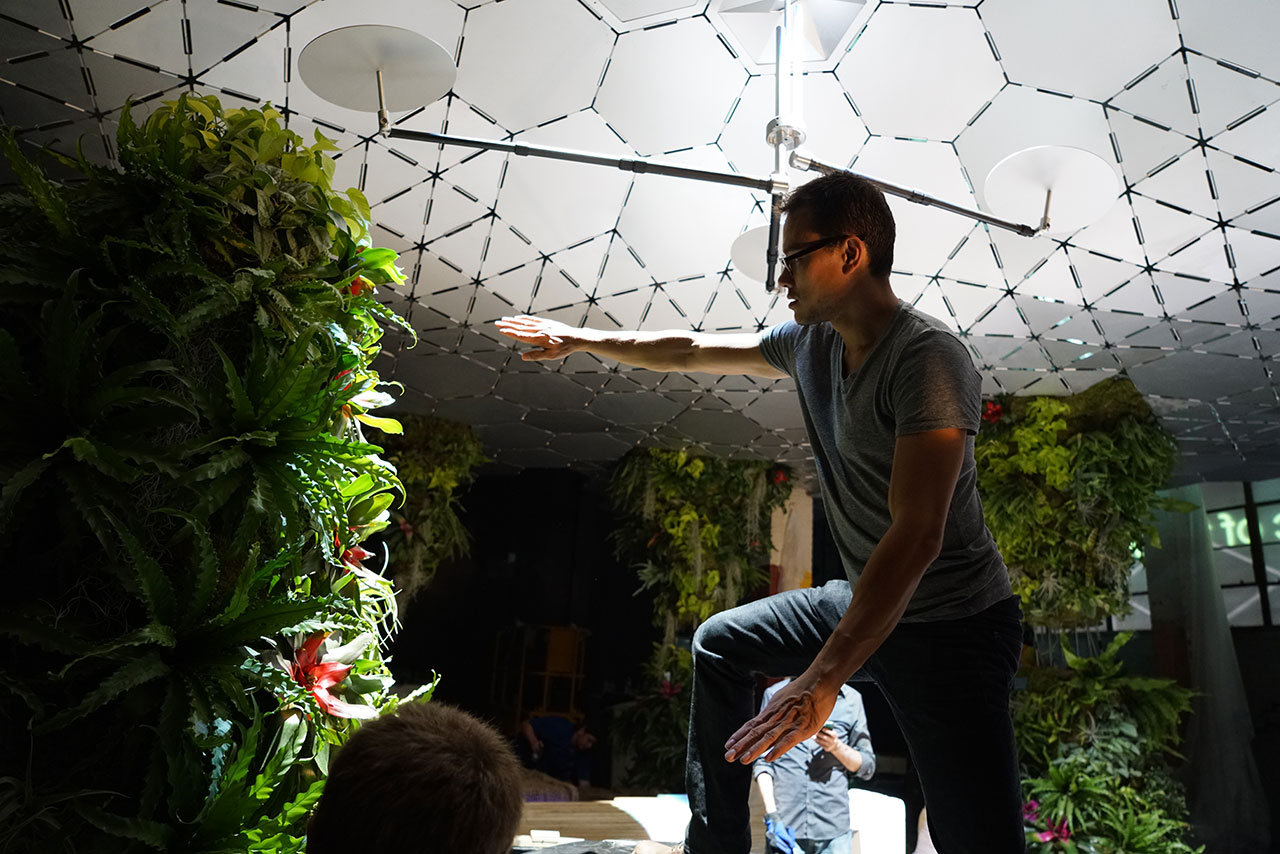
A new typology of public space deserves a new typology of vegetation. Mathews Nielsen worked with RAAD Architects, the Lowline, and John Mini Distinctive Landscapes to develop the conceptual topography for The Lab, creating undulating stalactite and stalagmite forms covered in plants that take advantage of the unique microclimates of the Lowline. There’s no natural space that shares the endemic characteristics of the Lowline – low to medium light, below ground, cool temperatures, and monitored
watering. Plants were selected for their tolerance of these intense conditions and unique character and planted to accentuate the constructed topography and to create a new visual experience, pairing edible plants with semi-tropical ones.
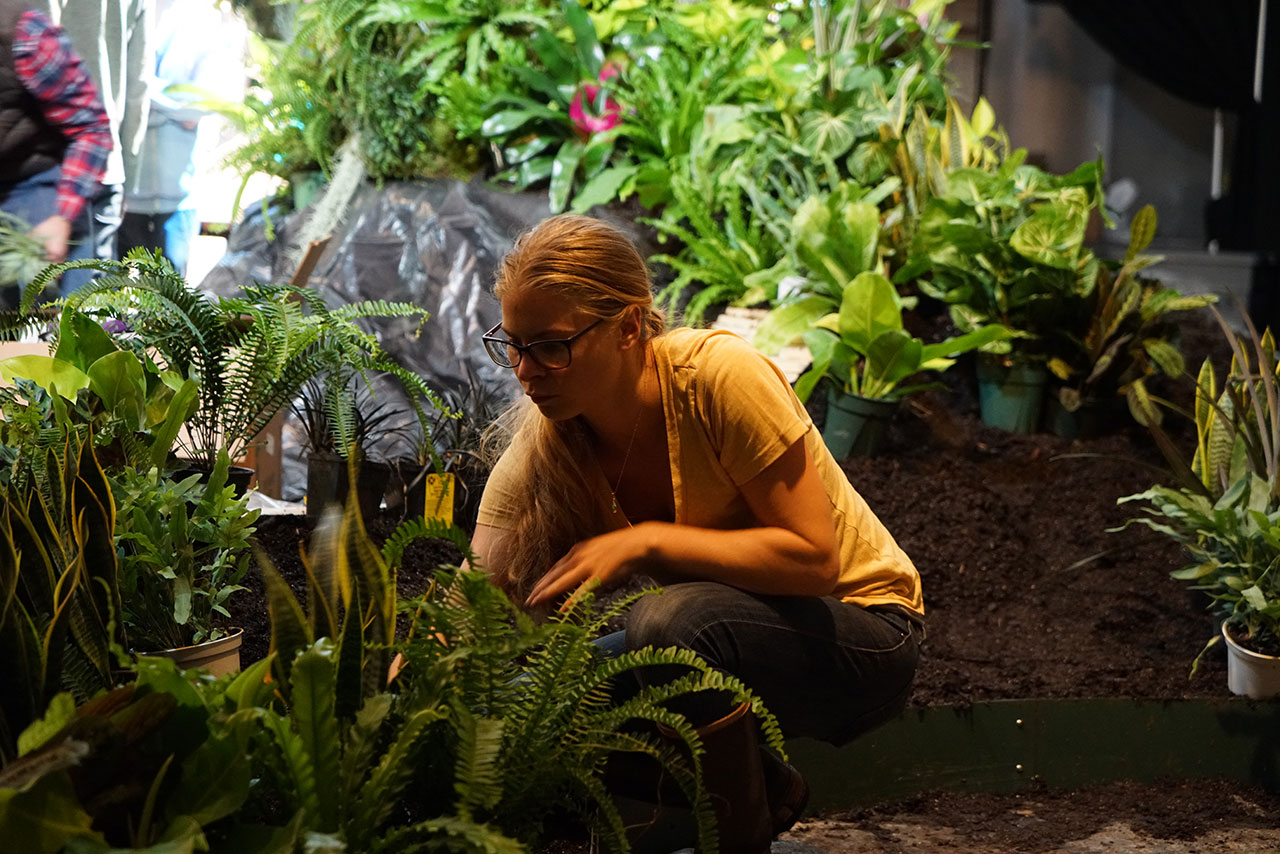
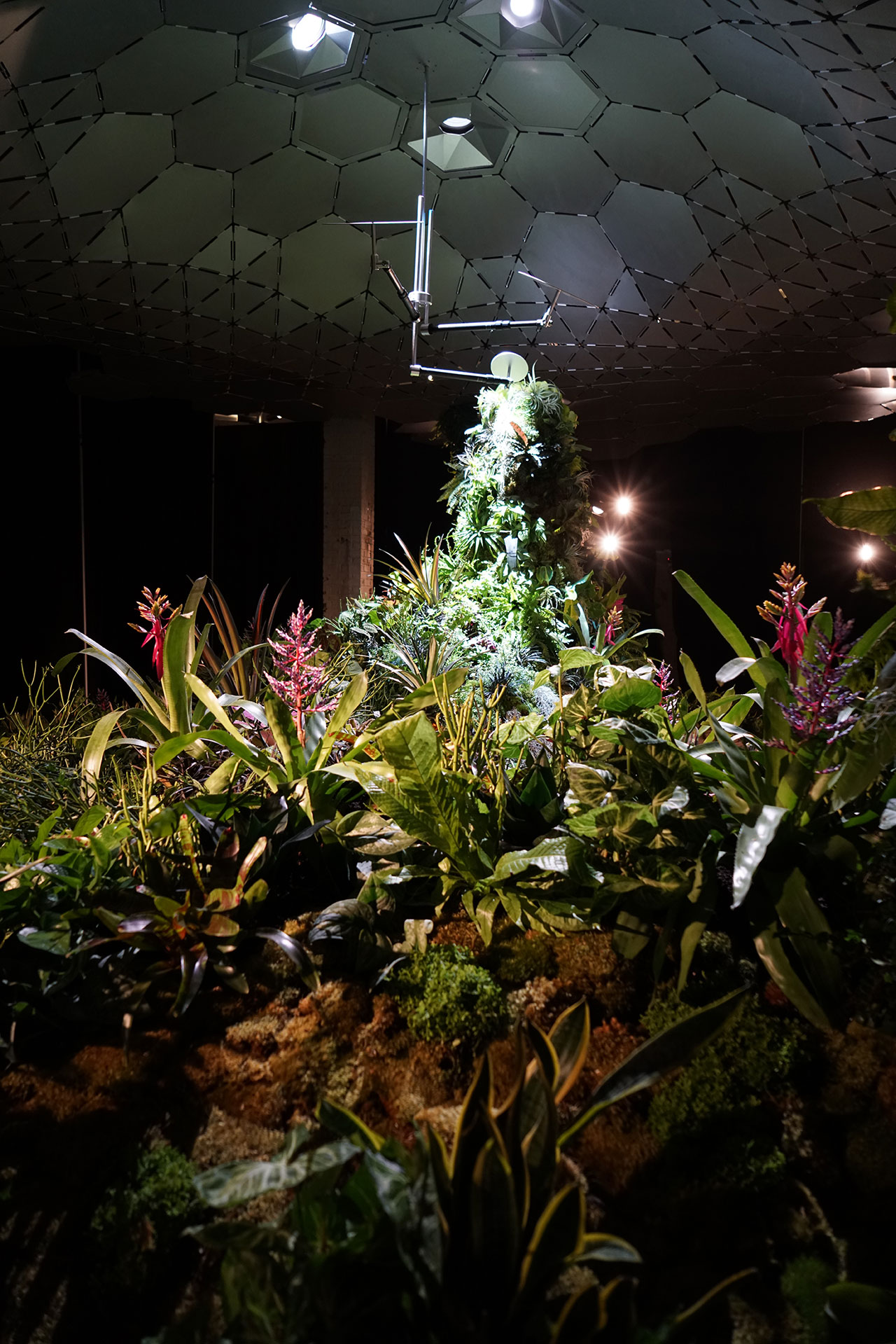
The Lowline Lab will run through the winter months, testing the system in New York City’s harshest conditions for plants and for the public. As an on-going experiment, Mathews Nielsen, working with the Lowline, continues their search for the right blend of plants that can thrive year-round offering New Yorkers a bit of communal green space during the long winter. A variety of educational and panel sessions, sponsored by the Lowline, will take place during the exhibit period.
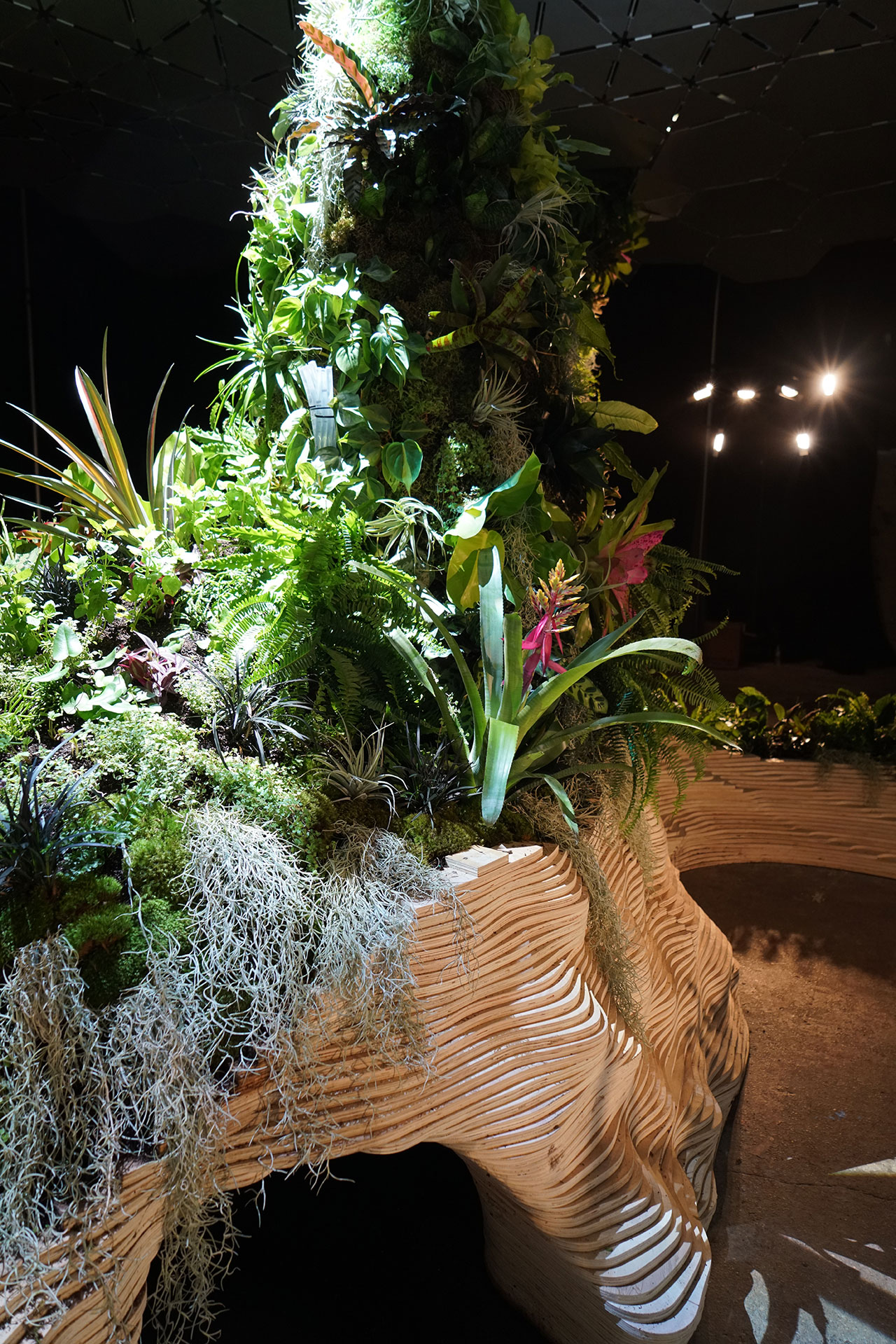
A publicly accessible laboratory and exhibit free to the public through December 2016, it is the precursor to the Lowline, the world’s first underground park, slated for completion in 2020.
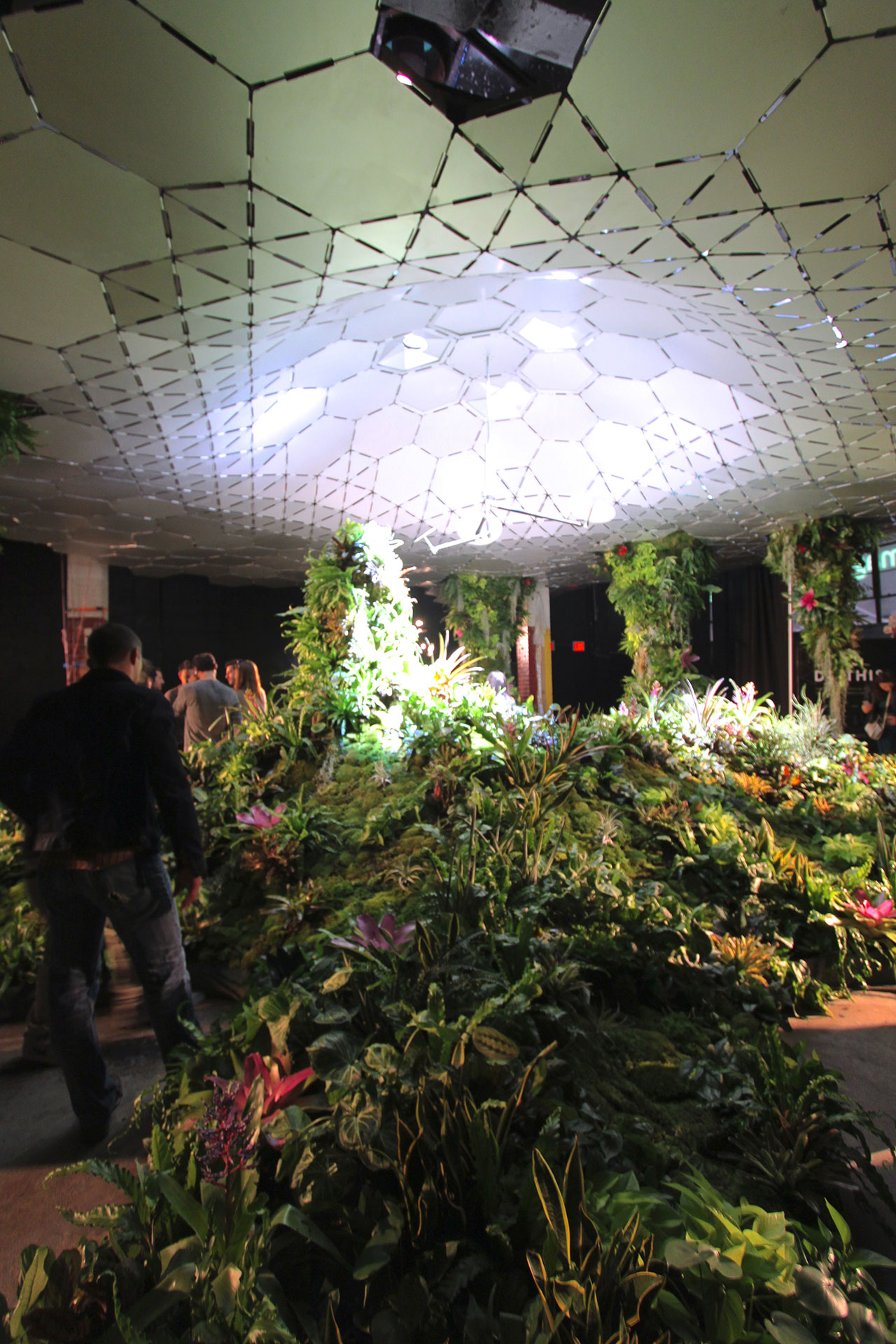
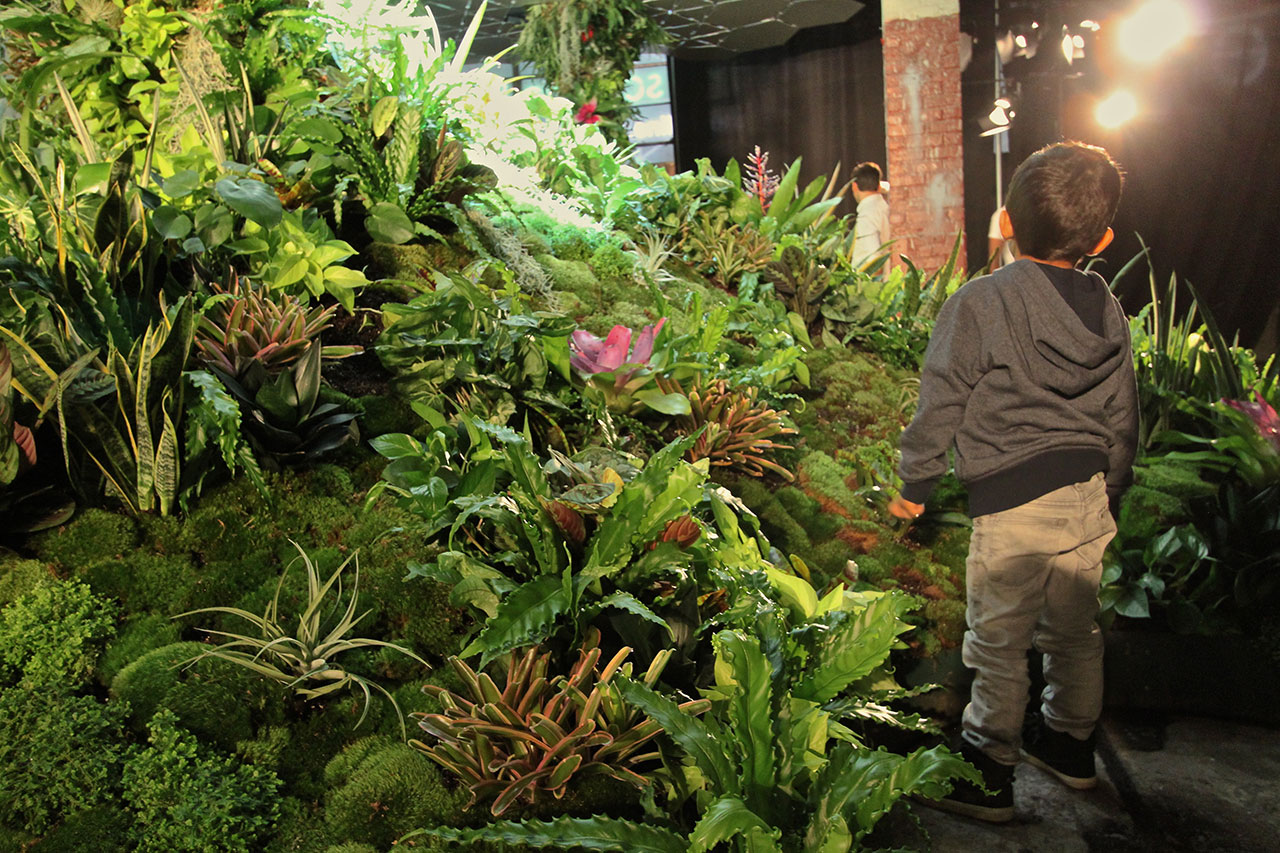
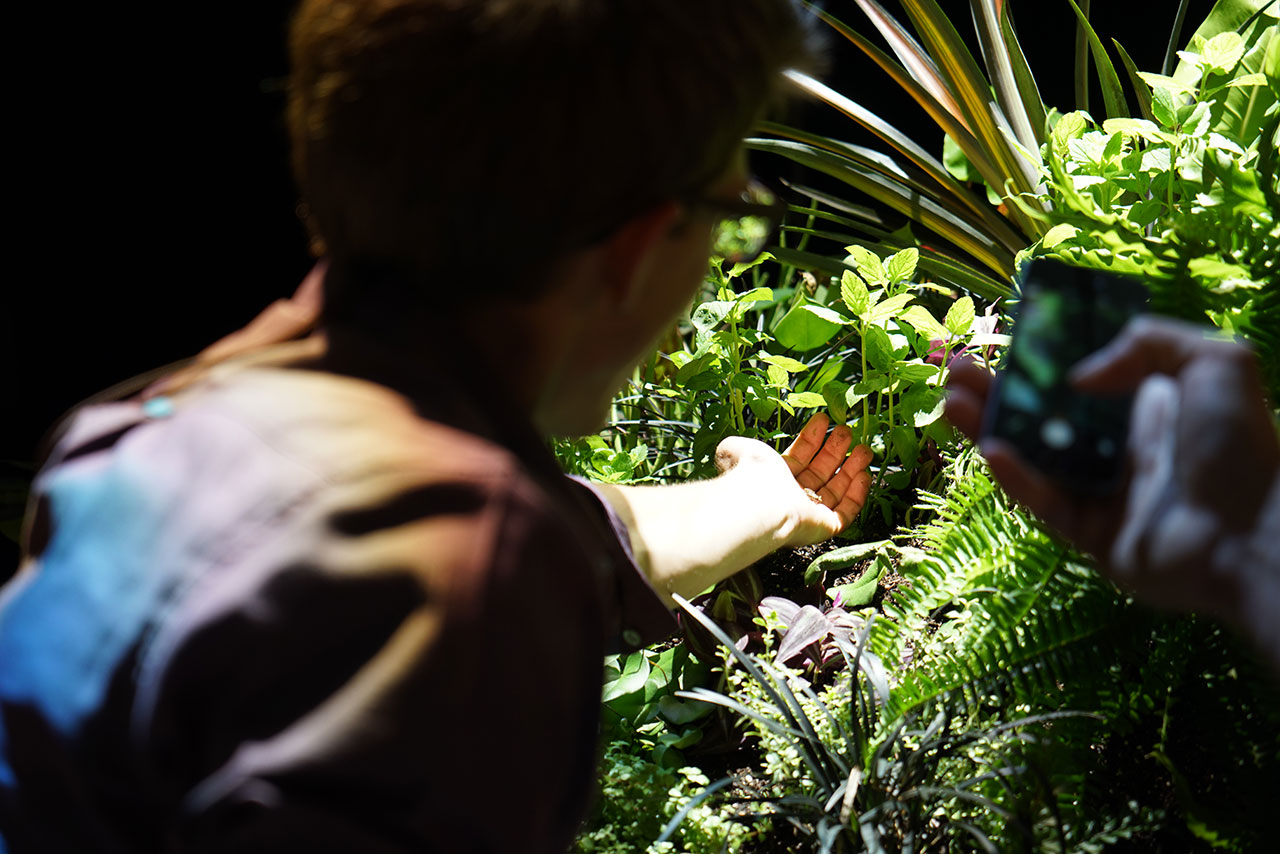
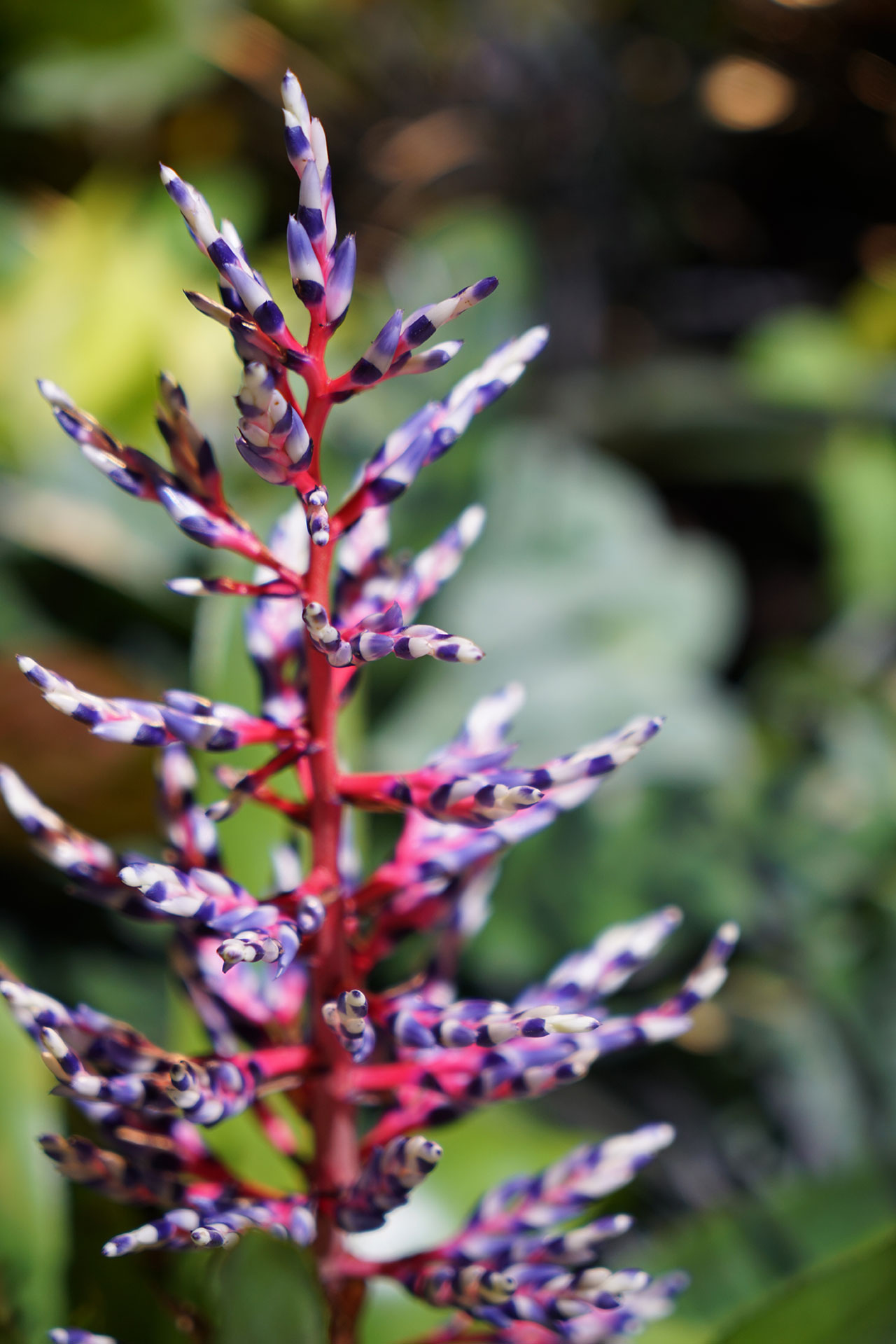
Text Credit | Mathews Nielsen
Image Credit | Courtesy of the Lowline

